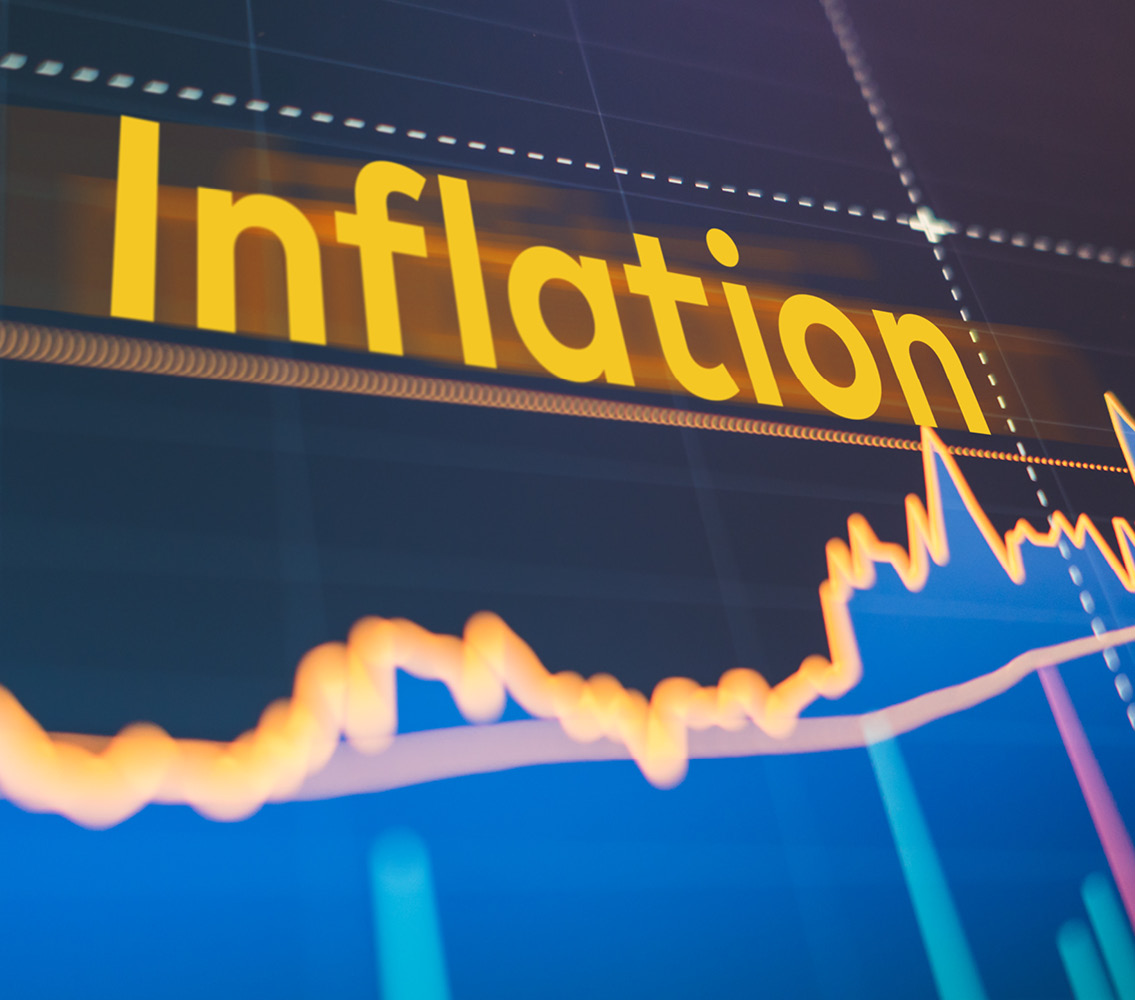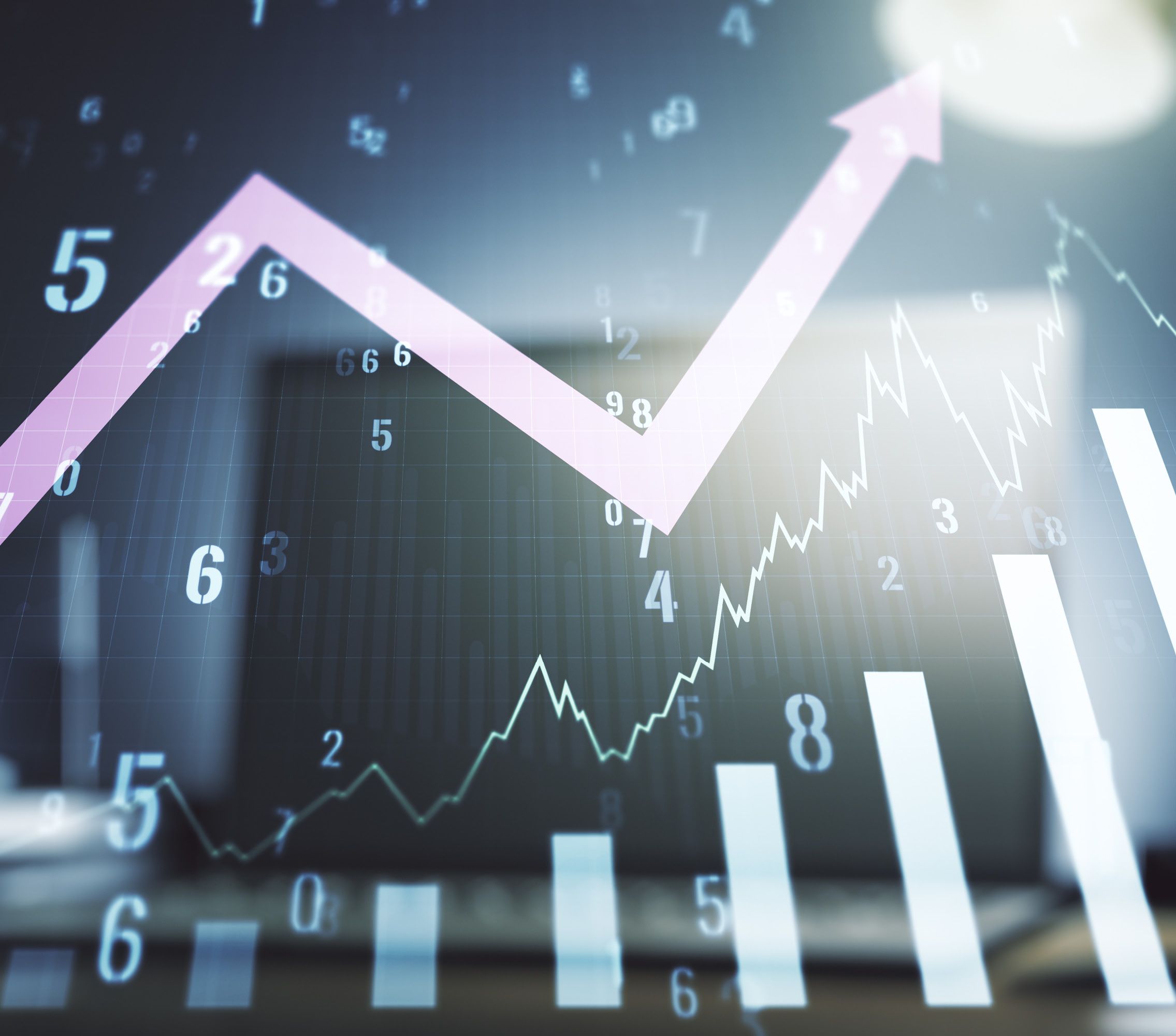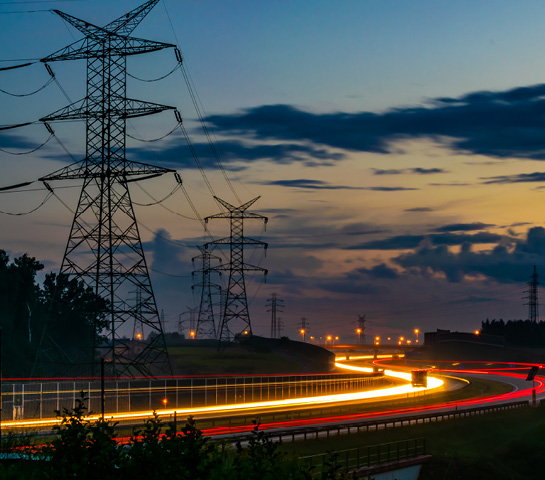Climate protection versus energy crisis? Rethink now!
Climate protection remains important, no question about it. However, the underlying conditions have changed massively with Russia’s war in Ukraine – they pose enormous challenges for the economy throughout Europe.
Instead of a recovery after Corona, a deep recession is looming and in view of the high energy prices, many companies are struggling to survive. Therefore, we should be ready to adapt to new and difficult challenges on our way to more climate protection in order not to endanger the overall well-being of Europe and its people.
After all, Europe is highly dependent on Russian oil and gas – to what extent varies in the individual EU countries: Germany and Italy are struggling with serious supply shortages; France is somewhat less affected because the country relies on nuclear power; Denmark already has 40 percent renewable energy in its energy mix and can compensate for Russian gas – which is fortunate, because Gazprom has stopped deliveries in the meantime.
Price caps for gas and electricity
The skyrocketing electricity prices are related to the high gas price. Throughout Europe, energy costs are driving inflation. Uncertainties in the market and the increasing demand for gas and oil are causing prices to rise further.
At a special meeting in Brussels, the Ministers of Energy of the EU’s 27 member states agreed on emergency measures against galloping gas and electricity prices: Energy saving, levies for energy companies and oil companies, national price caps for natural gas and support for struggling households and businesses. The EU Commission (still) rejects a blanket gas price cap, as countries such as Norway or Qatar could then sell their gas at higher prices outside the EU, the intra-European gas trade would come to a standstill and a significant incentive to save gas would be removed.
But how do the EU countries finance the capped gas prices? Germany, which is in a comparatively good economic position, is spending 200 billion euros – Chancellor Olaf Scholz speaks of a “double whammy”.
Italy, Greece or Portugal cannot afford this because they are already heavily indebted. The criticism of Germany going it alone is correspondingly harsh.
There is no blueprint for dealing with the crisis. With the strategy now adopted, the EU can at best play for time. Once again, loans worth billions will be necessary for the countries of the Eurozone to survive this crisis – a heavy burden for future generations.
Do not demonise coal and nuclear power
One thing is certain: In the long run, the dependence on Russian gas and oil and the wasteful consumption of fossil energies must be drastically reduced. That is why renewable energies must be further developed as quickly as possible and the bureaucratic hurdles dismantled: But in addition to renewable energies, we will not be able to get around coal and nuclear power in Europe for the next few years. Germany is well advised to extend the lifetimes of reserve coal-fired and nuclear power plants. This increases the energy supply in the short term.
This may be unpopular with many; for Fridays for Future activists, such decisions may also be a cause for disappointment. Images are circulating in the media of activists gluing themselves to streets and calling for civil disobedience. The fact is that the movement has become radicalised, partly out of disappointment, partly because it is now used as a platform by activists who promote anti-capitalist theories and wish to overthrow society. None of this contributes to solving the problem, but rather to dividing society – and destabilising our democracy.
The energy crisis may require climate protection to be cut back in the short term. This is because the current energy crisis poses existential challenges for companies in Europe. Entire industries and value chains are threatened – blackouts and supply shortages are suddenly a real danger. Plant closures and the exodus of companies would weaken Europe’s strong position in the global economy and reduce prosperity in the EU member states.
Tackling climate protection and the crisis
Nevertheless, climate protection remains important. With the Green Deal, Europe’s economy is already on the path to a climate-neutral future. The path is the right one, many companies have already invested massively in the climate-neutral transformation. Industry continues to stand by the climate targets for 2030 and 2045, the BDI also makes this clear.
Europe can only continue to be a driving force, innovator and investor in climate if our industry emerges from the crisis intact. It must therefore be about both: about overcoming the energy crisis without harming the industry, and equally about the goal of climate neutrality as a monumental task for society as a whole.
More insights

Inflation in the eurozone – what can be done?

Breaking a German Taboo: Minimum Wage Dictated by the State

Excess profits tax is detrimental to Germany as an investment location
Get in touch
Contact
Phone +41 41 500 05 31

